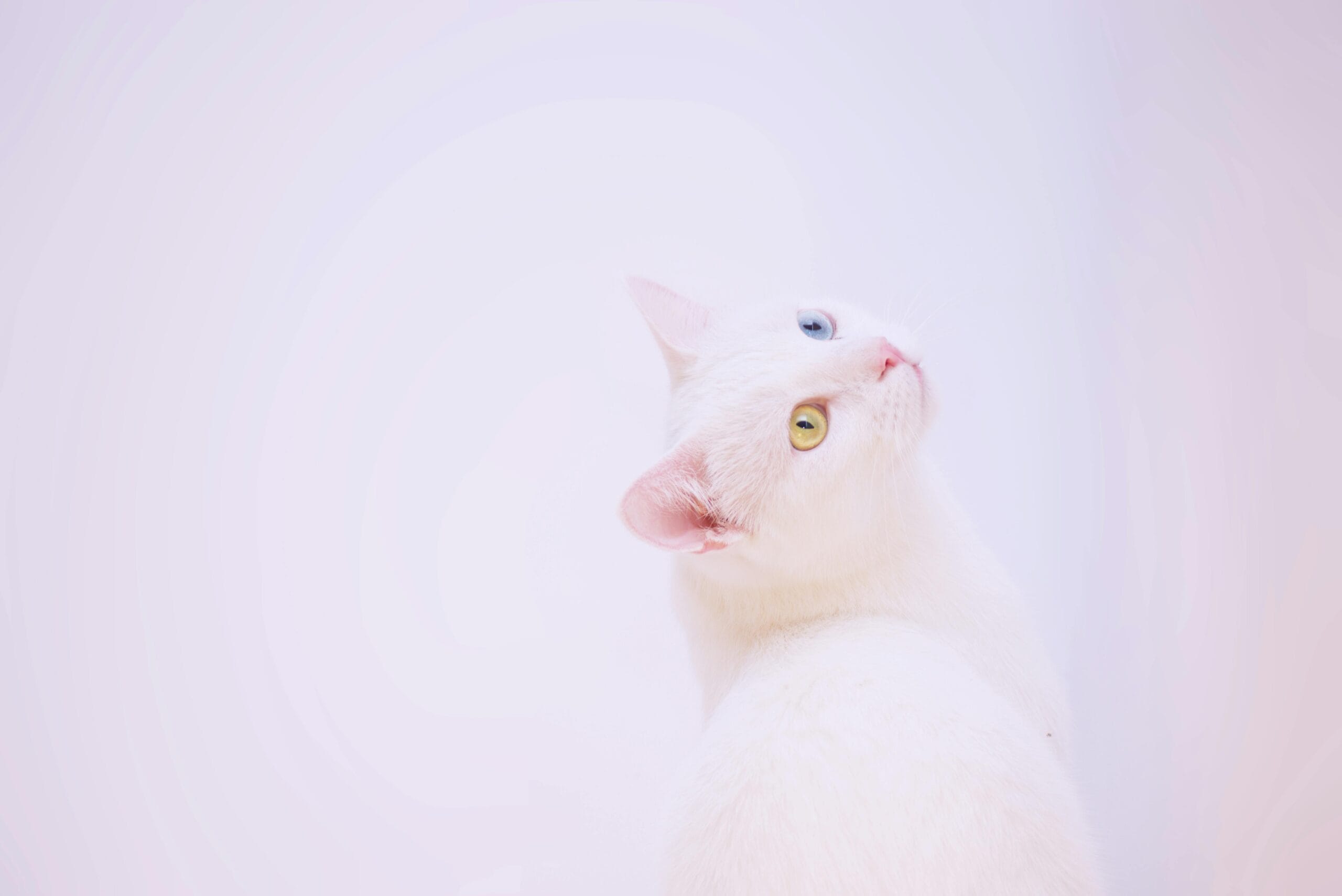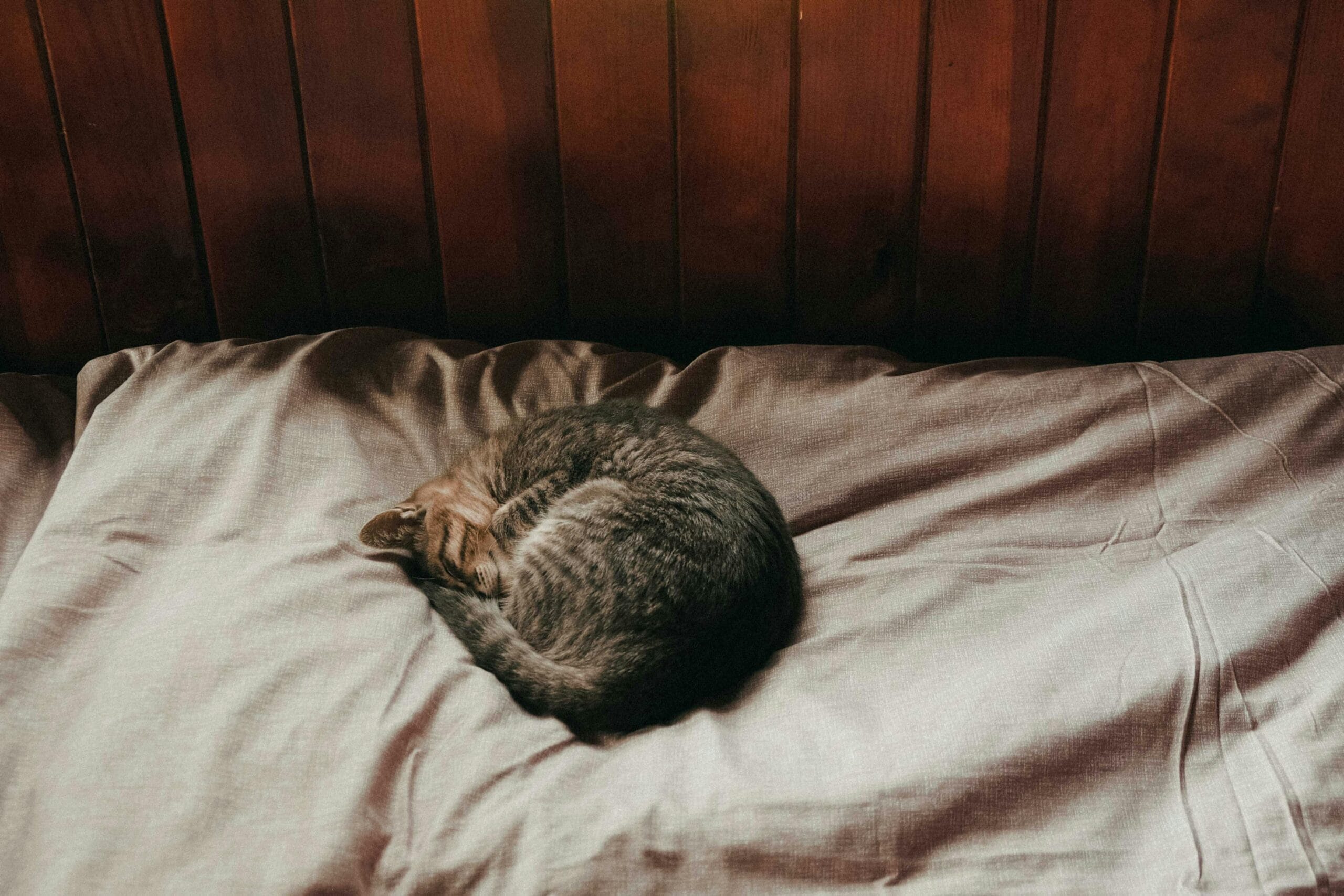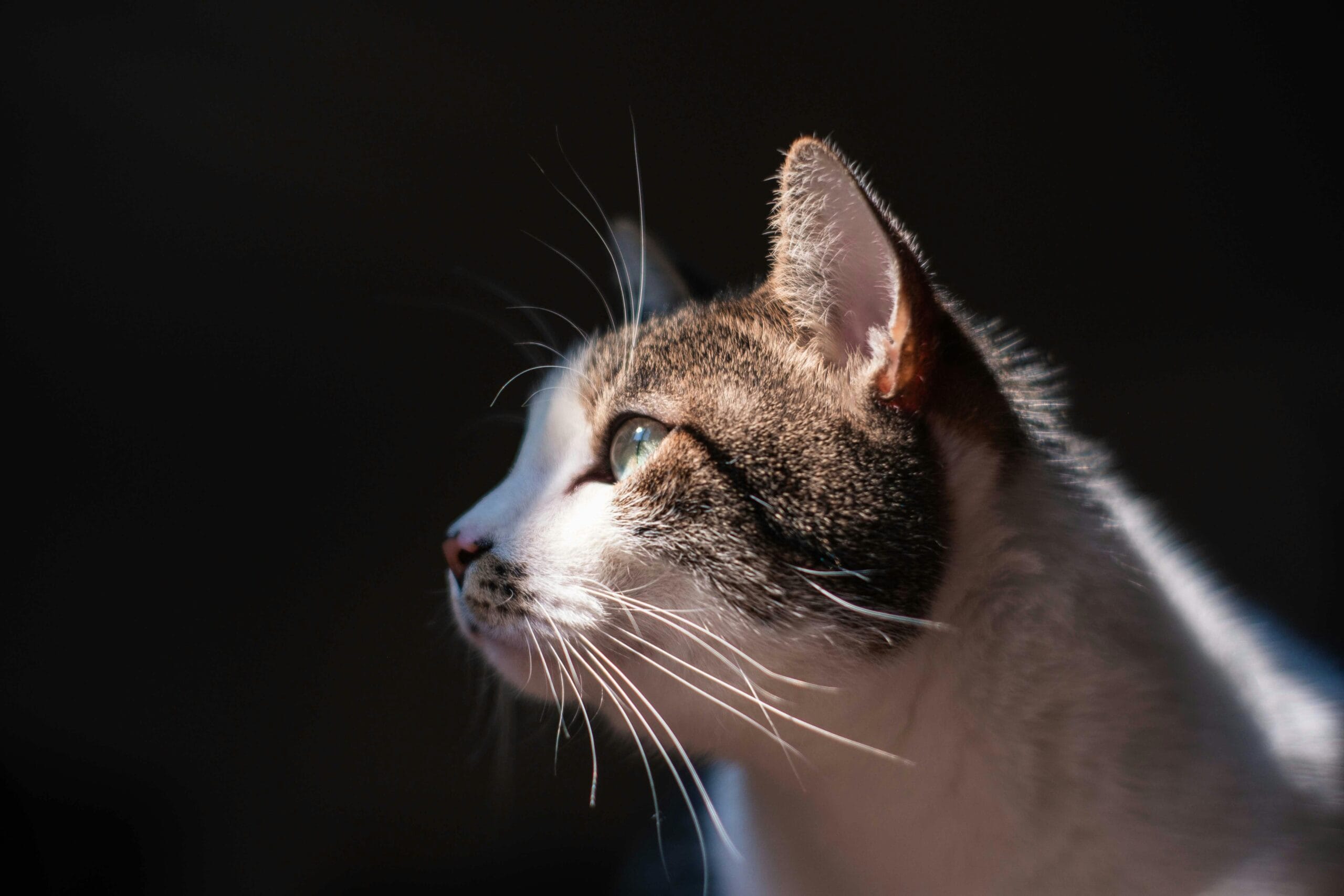Is Sheba Cat Food Good For Cats ?

Is Sheba Cat Food Good For Cats? Sheba Cat Food Review: Uncover the truth! Is Sheba Cat Food Healthy? Find out if it’s a nutritious choice for your feline friend. Discover expert insights & make informed decisions.
Is Sheba Cat Food Good for Cats? A Comprehensive Review
Choosing the right cat food can feel overwhelming. With so many brands and formulas on the market, it’s natural to question the quality and nutritional value of each option. This comprehensive article delves into the question: Is Sheba cat food good for cats? We’ll explore various aspects of Sheba cat food, including ingredients, nutritional value, and overall suitability for feline companions. By the end, you’ll have a clearer understanding to help you decide if Sheba is the right choice for your beloved cat.
Sheba Cat Food Review: A Look at the Ingredients
Sheba offers a range of cat food products, from pâté and pouches to dry kibble. Understanding the ingredient list is crucial when assessing a food’s quality. Generally, Sheba products feature meat as the primary ingredient, often chicken, tuna, or turkey. However, the specific ingredients and their order vary significantly depending on the particular product line. Some Sheba products include added vitamins and minerals to ensure a balanced diet. However, it’s important to note that the quality and sourcing of these ingredients can vary. Look for products with clearly specified meat sources and avoid those with excessive fillers or artificial additives.
A common concern regarding many commercial cat foods, including some Sheba options, is the presence of by-products. While not inherently harmful, by-products are less nutritious than whole-meat ingredients. When reviewing a Sheba product, scrutinize the ingredient list for the percentage of named meat sources. A higher percentage typically signifies higher quality and nutritional value. For a deeper dive into ingredient analysis, I highly recommend consulting the resources available at the FDA website on pet food labeling. This provides a comprehensive understanding of how to interpret ingredient lists.
Is Sheba Cat Food Healthy? Nutritional Considerations
The healthiness of Sheba cat food depends heavily on the specific product. While some Sheba options provide a balanced nutritional profile meeting AAFCO standards (Association of American Feed Control Officials), others may fall short. AAFCO standards are crucial indicators of nutritional adequacy. Check the packaging for the AAFCO statement indicating whether the food is complete and balanced for adult maintenance or growth. The absence of this statement should raise concerns.
Is Sheba Cat Food Healthy for all cats? The answer isn’t a simple yes or no. Cats have varied dietary needs depending on age, breed, activity level, and overall health. Kittens, for example, require different nutritional needs than adult cats or senior cats. Sheba offers various lines catering to different life stages, but it’s essential to carefully select a product suitable for your cat’s specific needs. Overfeeding, regardless of the brand, can lead to obesity and associated health problems. Always follow the feeding guidelines on the packaging.
Sheba Cat Food Review: Comparing to Other Brands
To determine if Sheba is the “best” choice, comparing it with other brands is essential. Many premium cat food brands focus on higher-quality ingredients, often using whole meats and avoiding fillers. Some brands also emphasize specific dietary needs, like grain-free options for cats with sensitivities. Sheba generally sits in the mid-range price bracket, meaning that while it offers convenience and a palatable taste for many cats, it may not contain the same level of high-quality protein sources as some premium brands. Consider your budget and your cat’s specific dietary requirements when making comparisons.
This comparison isn’t meant to discredit Sheba but rather to provide context. Many factors determine a “good” cat food. Taste preferences vary significantly among cats. If your cat enjoys Sheba and thrives on it, that’s a key factor. However, it’s beneficial to occasionally consult with your veterinarian about your cat’s diet and overall health, to ensure the chosen food aligns with their specific needs. A veterinarian can offer insightful advice on whether a specific type of cat food is ideal for your cat’s unique requirements.
Addressing Concerns: Is Sheba Cat Food Good for Cats with Sensitivities?
Cats with allergies or sensitivities require special consideration regarding their diet. Many cats struggle with certain ingredients like grains, artificial colors, or preservatives. Sheba offers some grain-free options, but careful examination of the ingredient list is crucial for cats with known sensitivities. If your cat has allergies or intolerances, opting for a food specifically formulated for sensitive stomachs and using a hypoallergenic product might be more beneficial.
The information available on the PetMD website regarding cat allergies is a valuable resource in this context. Understanding the specific triggers and symptoms associated with feline allergies will enable you to make informed choices about your cat’s diet. Always consult your veterinarian before making significant dietary changes, especially for cats with pre-existing health conditions.
Sheba Cat Food Review: The Verdict – Is It a Good Choice?
Ultimately, whether Sheba cat food is “good” depends on individual circumstances. It is a widely available, relatively affordable option that many cats enjoy. However, it’s essential to consider the specific product, ingredient quality, your cat’s individual needs, and to compare it against other brands in the market. Regularly reviewing the ingredient list, ensuring the food meets AAFCO standards, and considering your cat’s health and preferences are essential steps in making an informed decision.
This detailed Sheba cat food review aims to provide you with comprehensive information to support your cat food selection process. Remember, a balanced diet is vital for your cat’s overall health and well-being. While Sheba might be suitable for some cats, a thorough assessment of ingredients, nutritional value, and your cat’s individual needs will help you decide whether it’s the best option for your furry friend.
The Bottom Line: Making the Right Choice for Your Cat
The question, “Is Sheba cat food good for cats?” doesn’t have a simple yes or no answer. It’s a matter of careful consideration. Consider the specific product, ingredients, your cat’s health, preferences, and budget. A balanced approach that incorporates research, ingredient analysis, and veterinary advice is crucial for ensuring your cat receives the optimal nutrition it needs to thrive.
Share Your Experience!
We’d love to hear your thoughts and experiences with Sheba cat food! Have you fed Sheba to your cat? What were the results? Share your Sheba cat food review in the comments below. Your feedback will help other cat owners make informed decisions about their feline companions’ diets. Let’s create a community of informed cat lovers!

Frequently Asked Questions: Is Sheba Cat Food Good For Cats?
1. Is Sheba cat food good for cats?
A concise answer depends on how you define “good.” Sheba offers palatable options that many cats enjoy. However, a Sheba Cat Food Review will often reveal that it’s primarily a treat or supplemental food, not a complete and balanced diet for everyday feeding. Whether it’s “good” for your cat depends on its dietary needs and how you incorporate it into their overall nutrition plan. It’s crucial to consider Is Sheba Cat Food Healthy in the context of a balanced diet.
2. Is Sheba cat food healthy for my cat?
Sheba is not typically recommended as a sole food source for daily feeding. While it might contain some essential nutrients, it often lacks the balanced nutritional profile of a complete and balanced cat food designed to meet all your cat’s daily needs. A Sheba Cat Food Review of its ingredient list is important. To determine if it is healthy, compare it to AAFCO guidelines. Using Sheba as an occasional treat or supplement is generally fine, but it shouldn’t replace a complete and balanced diet.
3. Can I feed my cat Sheba every day?
No, it’s not recommended to feed your cat Sheba exclusively every day. It lacks the complete nutritional profile necessary for long-term feline health. While tasty, relying solely on Sheba can lead to nutritional deficiencies. Consider it a special treat rather than a staple. A regular balanced diet is essential. Consider researching, “Is Sheba Cat Food Healthy for daily consumption?”
4. What are the ingredients in Sheba cat food?
Sheba’s ingredient list varies by product. Always check the specific product you are considering. Generally, you’ll find meat by-products, meat, fish, and grains, along with various additives. Comparing ingredient lists across different Sheba products and other brands is important when evaluating “Is Sheba Cat Food Good For Cats” for your pet.
5. My cat loves Sheba, but I’m worried about its nutritional value. What should I do?
It’s common for cats to enjoy Sheba’s taste. However, to ensure your cat receives proper nutrition, make Sheba a small portion of their daily food intake. Supplement it with a high-quality, complete and balanced cat food recommended by your veterinarian.
6. Is Sheba cat food better than other brands?
There’s no simple “better” answer. Sheba occupies a niche in the market as a palatable treat-style food. Whether it’s “better” depends on your cat’s preferences and your overall feeding goals. High-quality complete and balanced cat foods generally offer a more comprehensive nutritional profile than Sheba. Read several Sheba Cat Food Reviews for various perspectives.
7. How much Sheba should I feed my cat?
Follow the feeding guidelines on the Sheba packaging, but remember it should only be a small portion of their daily food intake. Overfeeding, even with a tasty treat like Sheba, can lead to weight gain and health problems.
8. Is Sheba cat food suitable for kittens?
No, Sheba is generally not recommended for kittens. Kittens have higher nutritional requirements for growth and development, which Sheba typically doesn’t meet in its formulation. Choose kitten-specific food formulated for their specific needs.
9. My cat has allergies. Is Sheba suitable?
It depends on your cat’s specific allergies. Always carefully examine the ingredient list to see if it contains any allergens known to trigger your cat’s reactions. If unsure, consult your veterinarian before introducing any new food, including Sheba.
10. Where can I find Sheba cat food?
Sheba cat food is widely available at most major pet stores, supermarkets, and online retailers. You can easily find it using online search engines or by visiting your local pet store.

Is Sheba Cat Food Good for Cats? Practical Tips and Health Considerations
Sheba cat food occupies a prominent place in the pet food market, but is it truly the best choice for your feline companion? This guide delves into the practical tips and health considerations surrounding Sheba, helping you make an informed decision.
Sheba’s Pros and Cons
Pros: Many cats find Sheba palatable due to its flavorful sauces and textures. The convenience of readily available pouches and different varieties caters to diverse feline preferences. Some Sheba lines offer complete and balanced nutrition, meeting AAFCO standards.
Cons: Sheba often contains a higher percentage of moisture compared to dry kibble, which can be beneficial for urinary health. However, some formulations may feature lower levels of protein than premium brands. The ingredient list may include fillers or by-products that aren’t ideal for optimal health. Prices can be higher than many other brands.
Health Considerations
Ingredient Analysis: Scrutinize the ingredient list. Look for high-quality protein sources like named meat (e.g., chicken, tuna) at the top of the list. Avoid formulations with excessive fillers, artificial colors, or flavors. Check for taurine levels, crucial for feline heart health.
Nutritional Completeness: Ensure the Sheba product you choose meets the Association of American Feed Control Officials (AAFCO) nutritional standards for cats of a particular life stage (kitten, adult, senior).
Allergies and Sensitivities: Be aware of potential allergens like certain meats or grains. If your cat has allergies or sensitivities, choose a Sheba variety with limited ingredients or consider alternative brands.
Portion Control: Even though it’s delicious, Sheba should be fed in moderation as part of a balanced diet. Overfeeding can lead to obesity and related health problems.
Practical Tips for Feeding Sheba
Variety is Key: While your cat may love one particular Sheba flavor, rotating different varieties offers a wider range of nutrients.
Gradual Transition: Never switch your cat’s food abruptly. Gradually introduce Sheba by mixing it with their current food, increasing the proportion of Sheba over several days.
Monitor Your Cat’s Health: Regular veterinary checkups are crucial. Observe your cat’s weight, coat condition, stool quality, and energy levels. These indicators will help you assess the suitability of Sheba in your cat’s diet.
Consult Your Veterinarian: If you have concerns about your cat’s diet or health, always consult your veterinarian. They can offer personalized advice based on your cat’s specific needs and breed.
Conclusion
Sheba can be a part of a healthy diet for cats, but it shouldn’t be the sole source of nutrition. Carefully examine the ingredients, ensure nutritional completeness, and always prioritize your cat’s overall health and well-being. A balanced diet, regular veterinary care, and attentive observation are paramount for a happy and healthy feline companion.
3 thoughts on “Is Sheba Cat Food Good For Cats ?”